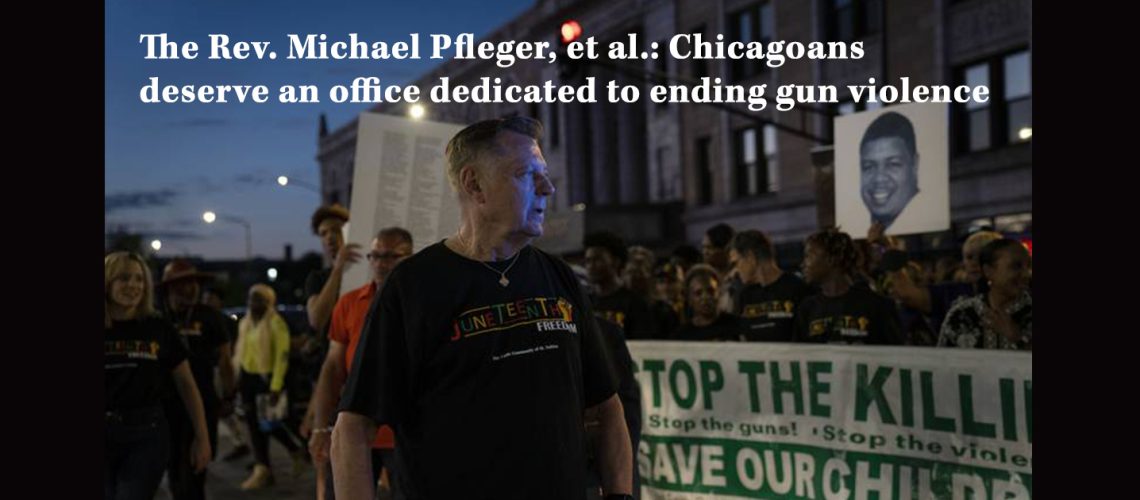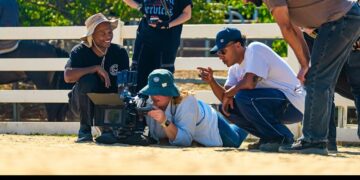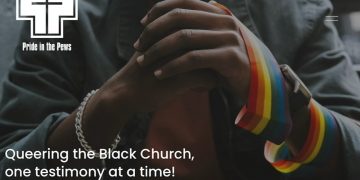Gun violence is everywhere.
Here in Chicago, shootings happen in every neighborhood.
And leaving the city is no escape, as we learned painfully last week in Highland Park.
Gun violence is a pandemic, just like COVID-19. Just as we addressed that crisis as a community united, we must also bring all our resources together to counter the plague of death by guns.
Let’s be honest: This uniquely American epidemic of gun violence has taken over our lives. During the July Fourth weekend alone, there were 20 mass shootings, which are defined as four or more people shot or killed. And just in Chicago, at least 72 people were shot, 10 of them fatally, over the holiday weekend. And of course, in Highland Park, seven people were gunned down and dozens more wounded while children and grandparents sat in lawn chairs eagerly awaiting the city’s annual July Fourth parade. No one is spared this pandemic.
As Chicago natives, we have seen the devastating effects that gun violence has on Black and brown communities in particular. And as faith leaders from a range of religious backgrounds, we have a moral and religious duty to ensure that none of our congregants — or any person, for that matter — faces those effects again.
There is no single solution to gun violence in our city — and any solution that is enacted will not solve this crisis overnight. But we have seen that progress can be made when faith leaders, community organizers, informed residents, our youths and government officials work together to achieve passage of effective, community-informed gun violence prevention measures. To be successful, we need to unite all our efforts, our resources and our energies in as focused a fashion as possible.
Chicago has senior health officials who steered us through the
Some authors of this column worked with LIVE FREE Illinois and sat together at City Hall during the Emanuel administration to create such a body. We knew then that a single office, charged with this important task, equipped with a direct line of accountability to the mayor, was what was needed to stop the rising tide of bloodshed in our city. We knew then that without any ordinance, all gun violence protection programs and efforts would be at the whim of any and every mayor to fund or discontinue. The problem is real and isn’t going anywhere.
We call on Mayor Lori Lightfoot and the full City Council to create and enact this ordinance and fund an Office of Gun Violence Prevention. We are proud that LIVE FREE Illinois has led efforts toward this goal for years and called on Lightfoot to open such an office.
Now that goal, the creation of an Office of Gun Violence Prevention, is closer than ever. On June 22, Ald. Roderick T. Sawyer, 6th, introduced an ordinance to the city’s Committee on Public Safety that establishes an Office of Neighborhood Safety and the addition of the Office of Neighborhood Safety Advisory Commission. The ordinance is sponsored by Sawyer and Aldermen Leslie Hairston, 5th, Jeanette Taylor, 20th, and Harry Osterman, 48th.
The ordinance requires a minimum investment of $100 million to fund the new offices, ensuring that they are adequately staffed with the resources to build community-based solutions to gun violence. The proposed ordinance would also fund research on prevention strategies and provide resources to local organizers working to combat gun violence in their communities.
A 2020 study from the Giffords Law Center found that community violence intervention strategies, such as partnerships among local governments and civilian offices of violence prevention, can reduce gun homicides by up to 60%. Richmond, California, is an excellent example: Since the city established an Office of Violence Prevention in 2007, its homicide rate has decreased by 80%, and it is the sole Bay Area city that has not seen an increase in gun violence in the last 10 years.
If we are to successfully reduce gun violence in our city, we must pass Sawyer’s ordinance and provide robust funding for an office tasked with gun violence prevention. Existing systems like the National Offices of Violence Prevention Network, which was launched in 2021 and helps establish violence prevention offices in cities across the country, offer a model that cities like Chicago can follow to structure funding, resources and data collection and facilitate collaboration among community leaders and government officials.
Gun violence is one of the single greatest crises facing Chicagoans, and a problem of this magnitude demands an equally ambitious solution. Creating a municipal office of gun violence prevention, allocating funds for it and setting it in motion are just the beginning of seriously focusing our efforts on this most serious of problems.
A successful Office of Gun Violence Prevention in Chicago would also have mechanisms to make its actions official, enable solutions that are public health-based and community-informed, and ensure that the office and its effects last for decades to come. And it requires the full support of our elected leaders, who should be doing everything in their power to reduce gun violence in our city and our country.
Chicago faith leaders Rabbi Seth M. Limmer and the Revs. Michael Pfleger, Ciera Bates-Chamberlain and Otis Moss III have joined the Tribune’s opinion section in an exploration of potential solutions to Chicago’s chronic gun violence problem. Their joint column will appear each Friday until Labor Day weekend.
COVID-19 crisis. We argue that, to counter gun violence, our city needs the same steering body: an Office of Gun Violence Prevention created by city ordinance.





